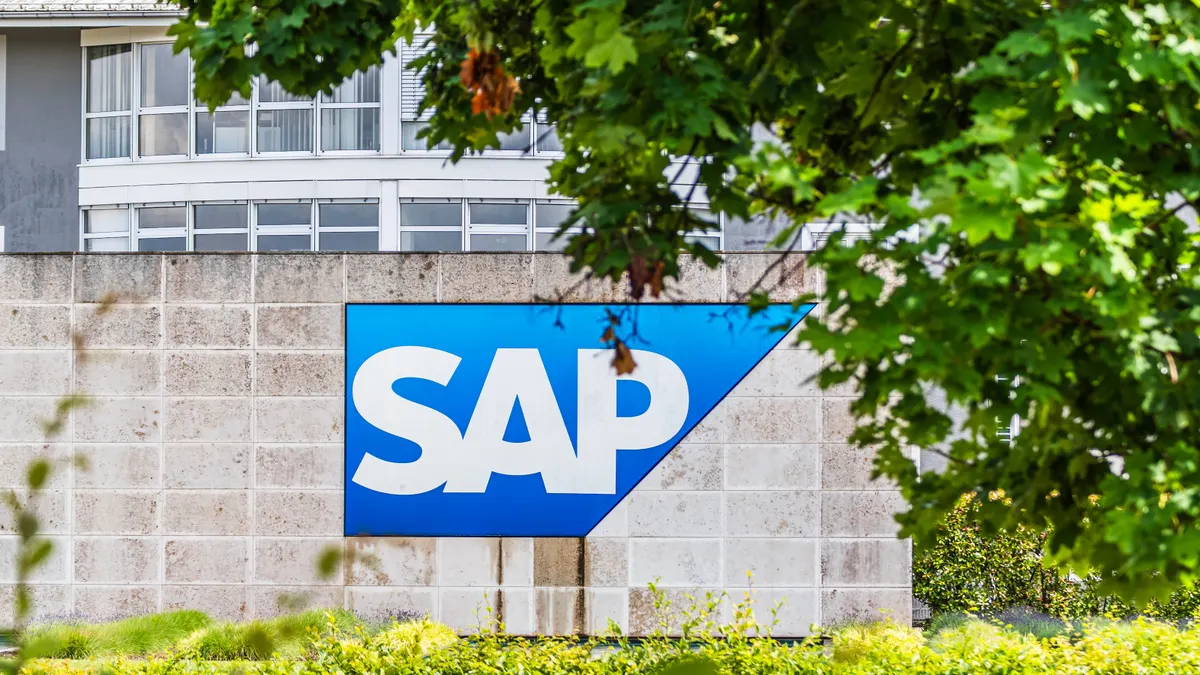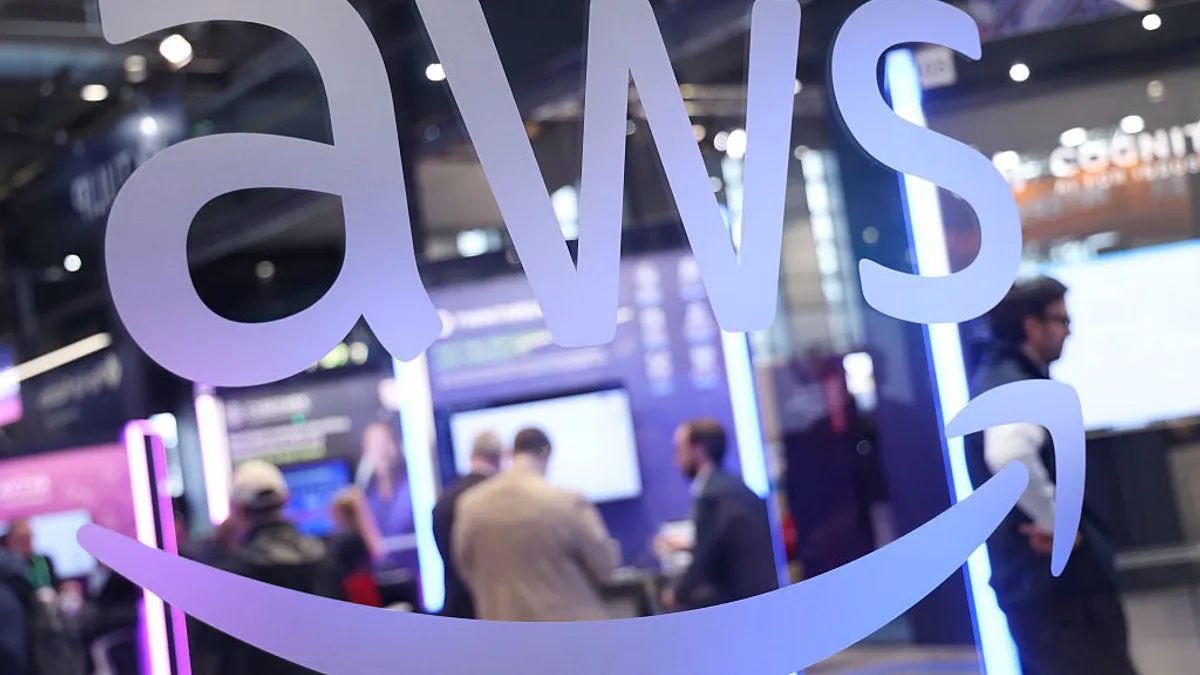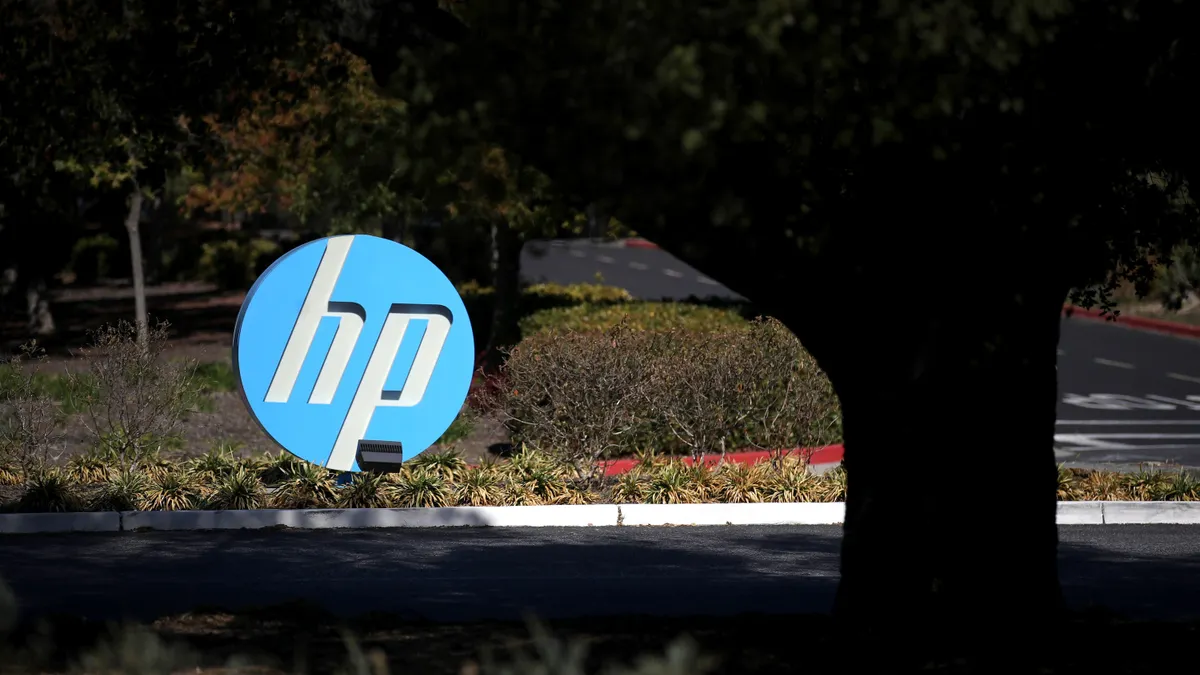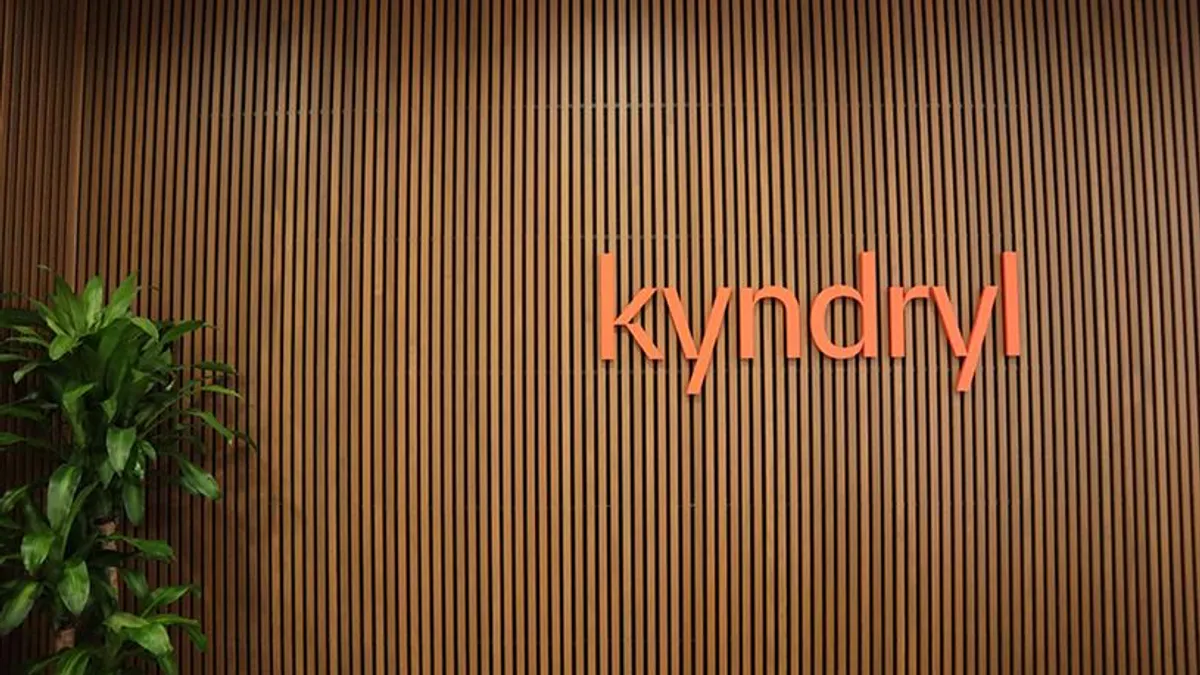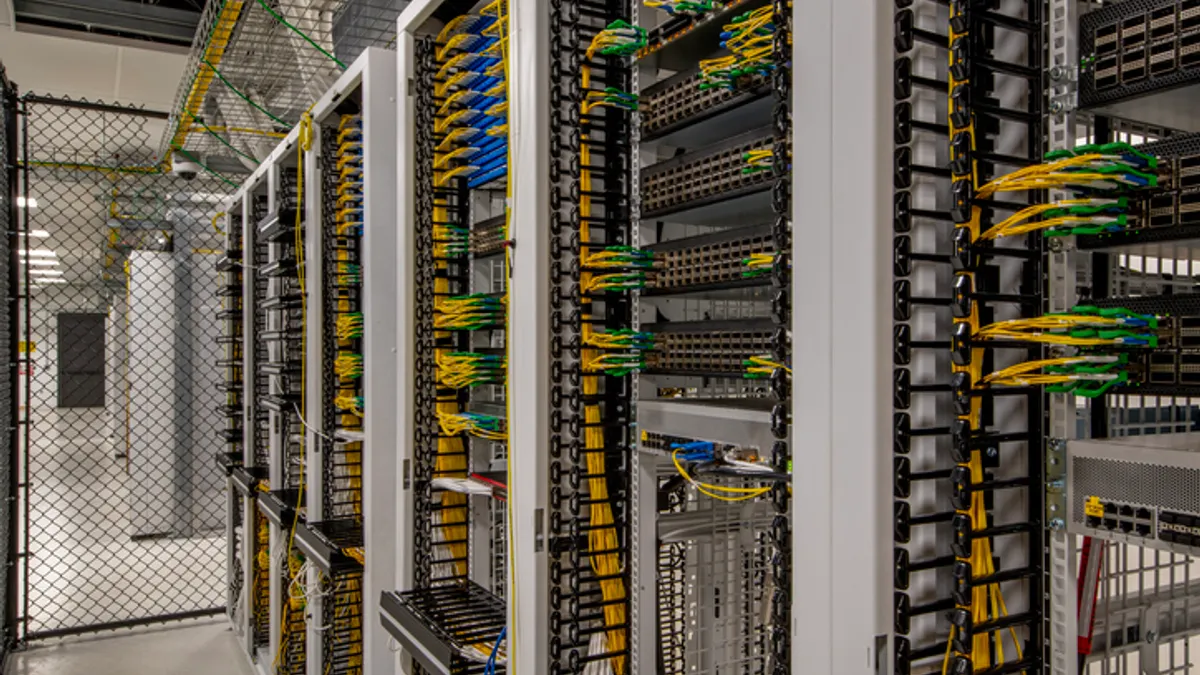For the second time, Dell Technologies is considering the biggest deal in technology history. The company is deciding whether to go public, acquire the remainder of VMware or undergo a "reverse merger" with VMware.
In 2016, Dell was responsible for the largest deal in tech history with the $67 billion purchase of EMC. In 2013, the company went private to protect its finances, but the move was not without pushback.
When Dell took the company private with the help of private equity partners, it needed a lot of work to "survive into the medium-term, given the relatively rapid and far-reaching shifts that are going on in enterprise computing," said John Parkinson, affiliate partner at Waterstone Management Group, in an interview with CIO Dive.
While going private can increase a company's debt, restructuring outside the public view allows corporate stakeholders to take a long-term view of the business. A team can then execute a strategy that extends beyond a quarter.
Founder and CEO Michael Dell "is very happy to run a private company because he's not bound to what he calls the '90-day shot-clock,' where you got to report to the street every quarter and be bound by those quarterly targets," said Glenn O'Donnell, VP, research director for infrastructure and operations professionals at Forrester, in an interview with CIO Dive.
Investors can be unforgiving when a company attempts a transformation that may not pay off in the next quarter or even the next year. "As a public company, it's hard to do that. As a private company, you can do it as much as you want," said O'Donnell.
Now, just five years later, Dell is considering going public once again. "I know for a fact Michael Dell does not want to run another public company," said O'Donnell.
Combining with EMC
When Dell acquired EMC, it helped the company bulk up its product portfolio, creating redundancy across some product lines such as the storage business.
A seamless product integration takes time, however, and portfolio changes have impacted the sales force. In the M&A world, "doing it right takes a long time, [but] doing it wrong happens very quickly," said Parkinson. "And this smells increasingly like something went wrong."
With a massive business, Dell has struggled to find its technology niche. This is a problem Hewlett Packard was also having, which led to the organization splitting into two separate businesses: HP Inc. and Hewlett Packard Enterprise.
Competing in very similar markets to Dell, HP's split permitted it to streamline offerings and created more market focus. By divesting assets and getting out of certain markets — such as software and consulting — HPE was able to turn around its earnings performance.
HP executed the exact opposite strategy of Dell, which turned out to be the right strategy for the organization. "Scale doesn't matter when the big buyers are called Google, Facebook, Amazon and to a lesser extent Microsoft because they're bigger than you are," said Parkinson. "As far as they're concerned, all you are are low added value assemblers from standardized computing components."
So by shrinking the number of specialties, HPE was able to focus on R&D, which costs a premium to keep up with basic technologies.
"What Dell tried to do was be big enough so they'd be a one-stop-shop for everything at a reasonable price," said Parkinson. "And from my perspective, it's not working."
Why Dell might go public
The business model of a private company lifts restrictions brought on by having a public financial ledger. But with the new tax law, a pattern of companies filing public may emerge. "Until now, it seemed that going private was a popular choice," said O'Donnell.
But in Dell's case, the scrutiny associated with its debt around the time it became private and the more than $40 billion is accumulated after its EMC acquisition was enough to keep company finances private.
The company is currently sitting on anywhere between $50 billion and $55 billion in debt, according to O'Donnell.
"When interest rates are low and you have the ability to write a lot of that debt load in taxes, you know you can digest it," said O'Donnell. "But the big thing is that interest rates and the new tax law are changing and changing in a way that is not favorable to dealing with that kind of debt load. The strategy has worked until now but it's a different ball game."
Companies that are carrying massive amounts of debt are the ones most likely drawn to acting as a private company. While debt is a common phenomena of every business across sectors, companies don't want their debt under a microscope.
To work around the time-consuming process of filing an IPO, Dell is considering a reverse merger where "essentially, the child eats the mother," according to O'Donnell. VMware would absorb Dell, turning the larger company public in the process.
The deal would be done solely to avoid filing an IPO and is the "most likely" scenario of all the options presented, according to O'Donnell.
What this means for CIOs
Despite the reported changes in the future of Dell's strategic decisions, "if you're a competitor and your revenue is dropping, well the real story is that you're still losing to Dell," according to O'Donnell. After all, Dell's "revenue has been growing in some areas and shrinking in some other areas, but the aggregates been doing fairly well."
Still Dell's competitors like Hewlett Packard Enterprise and IBM will paint an unfavorable picture of a potential IPO. "They will position it as a sign of desperation whether it is or not," said O'Donnell. But it is ultimately up to CIOs to decide whether or not to listen to the noise from Dell's competitors.
But customer uncertainty can develop when there is shiftiness on the back end of an organization. "Because tech is such a big part of how everything runs these days, CIOs and CFOs look really hard at the capital cycles," said Parkinson. If a vendor's business looks uncertain, customers start thinking about the next two tech refresh cycles, which are typically every six to 10 years for tech infrastructure.
"If I'm worried about [a vendor] going away, then I'm going to give some of the business to somebody else as an insurance policy, which will further stretch my primary provider, making the thing I am worried about more likely to happen," said Parkinson.
Evaluating the risk profile associated with all vendors is part of the CIO's job and ultimately Dell's business decisions cause IT leaders to ask, "what does this mean for my relationship with Dell?" said O'Donnell.
As of now, whether Dell decides to file an IPO or acquire the rest of VMware, "it means nothing" because "Dell's not going anywhere," said O'Donnell. The long run impact is yet to be known.










